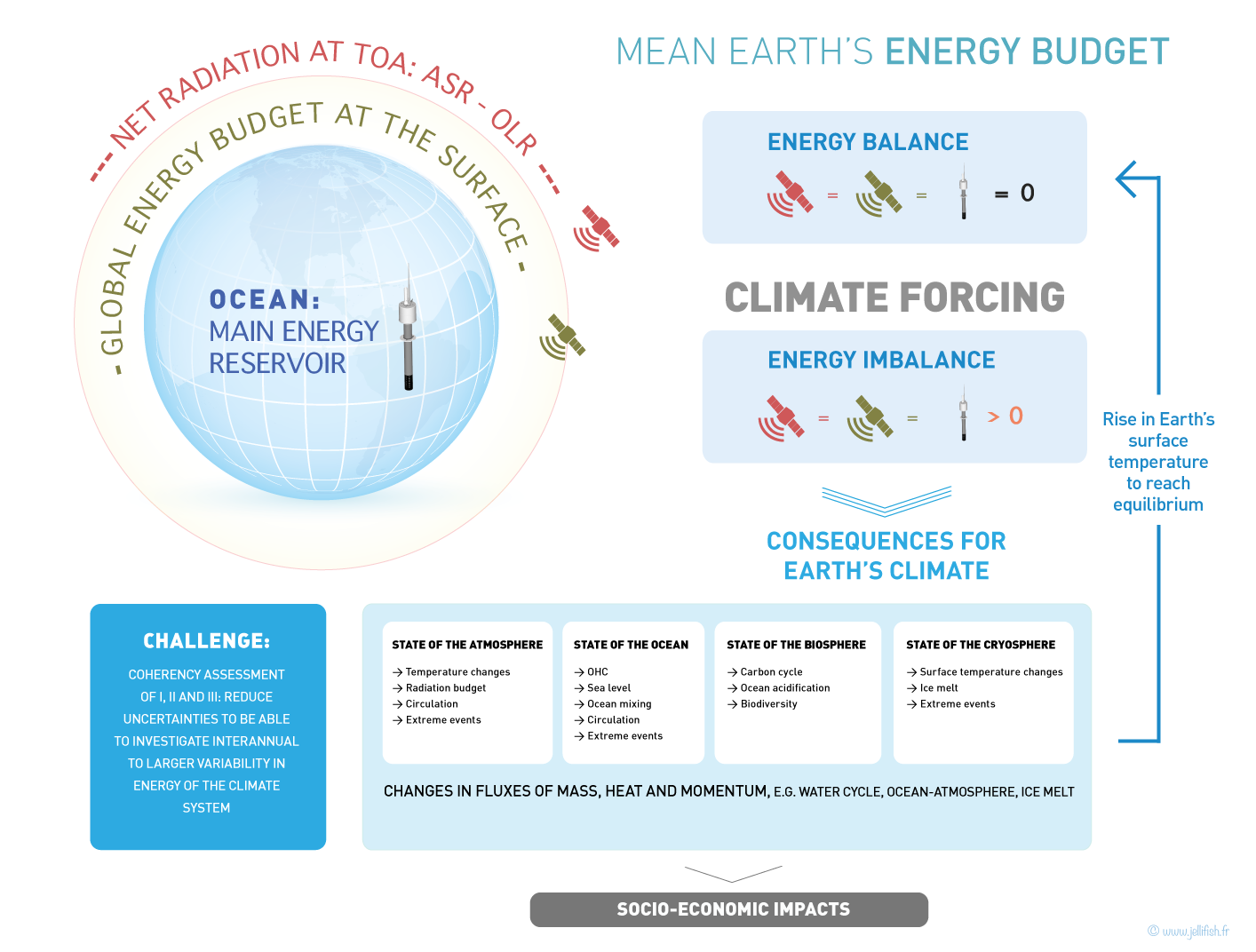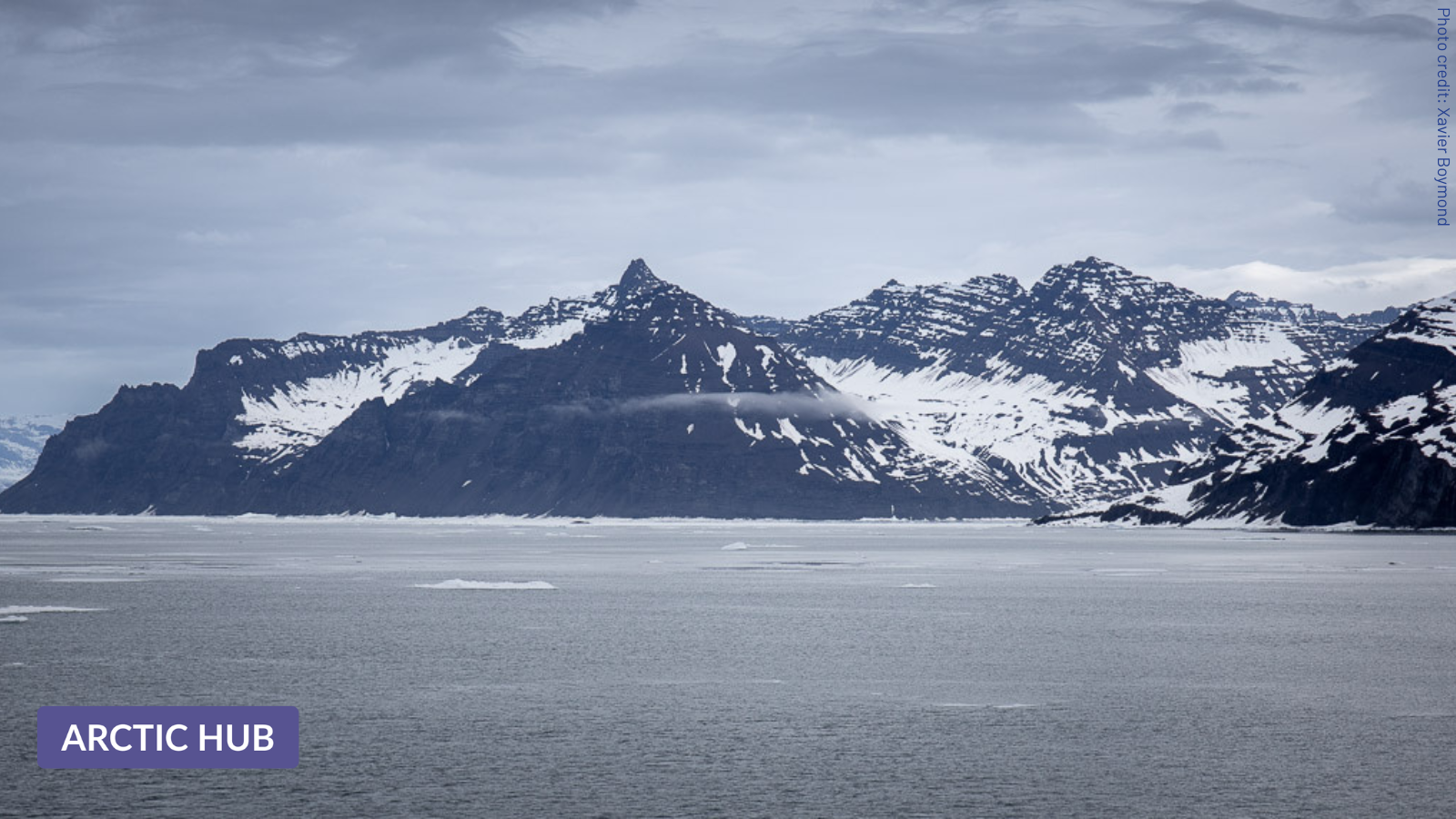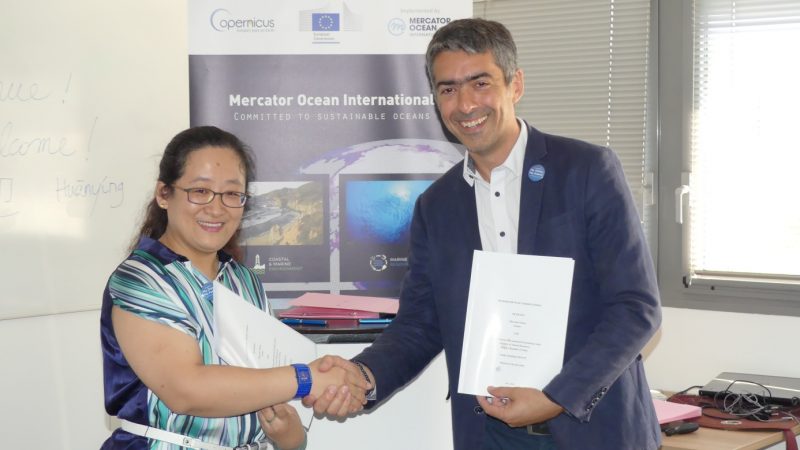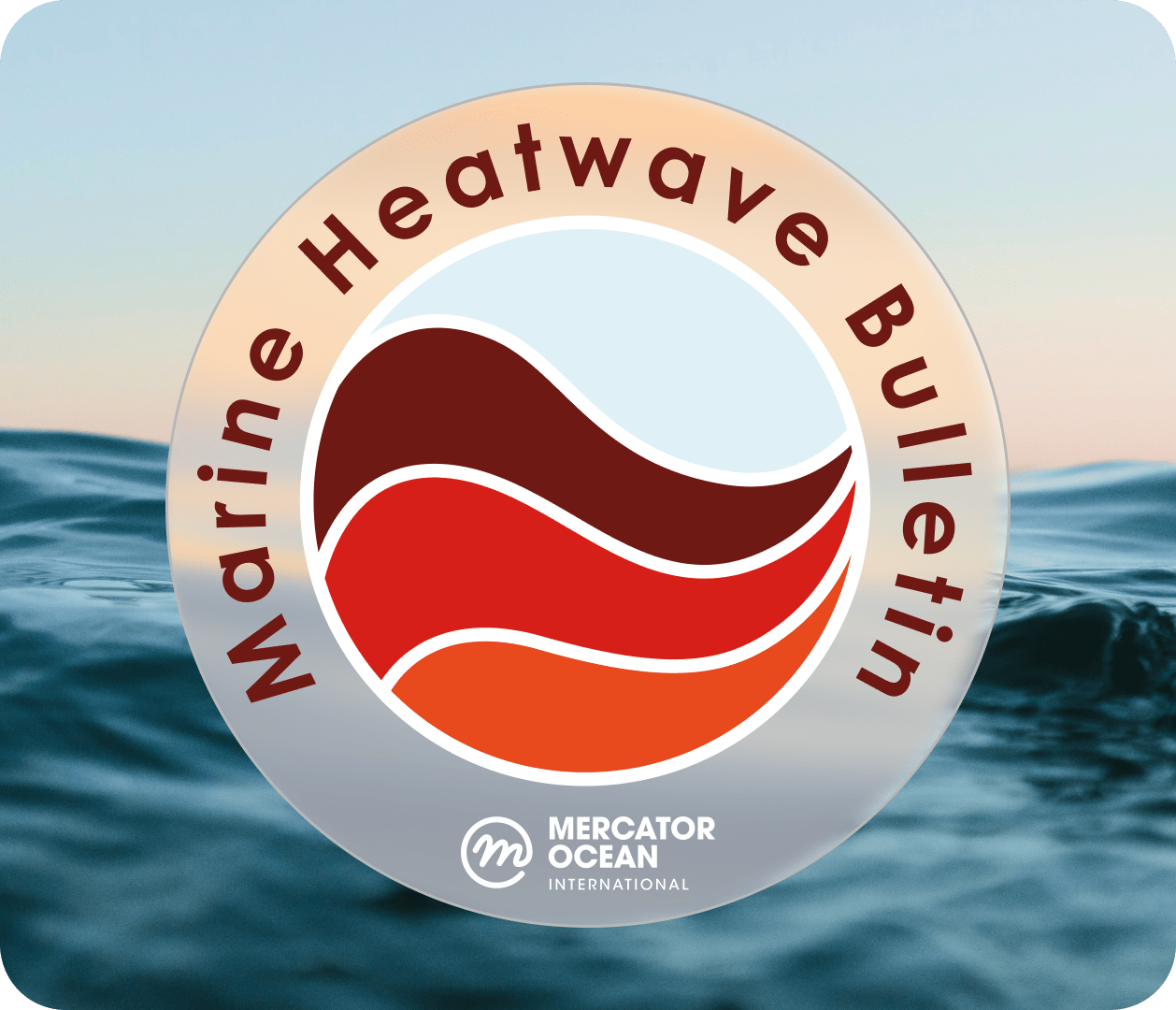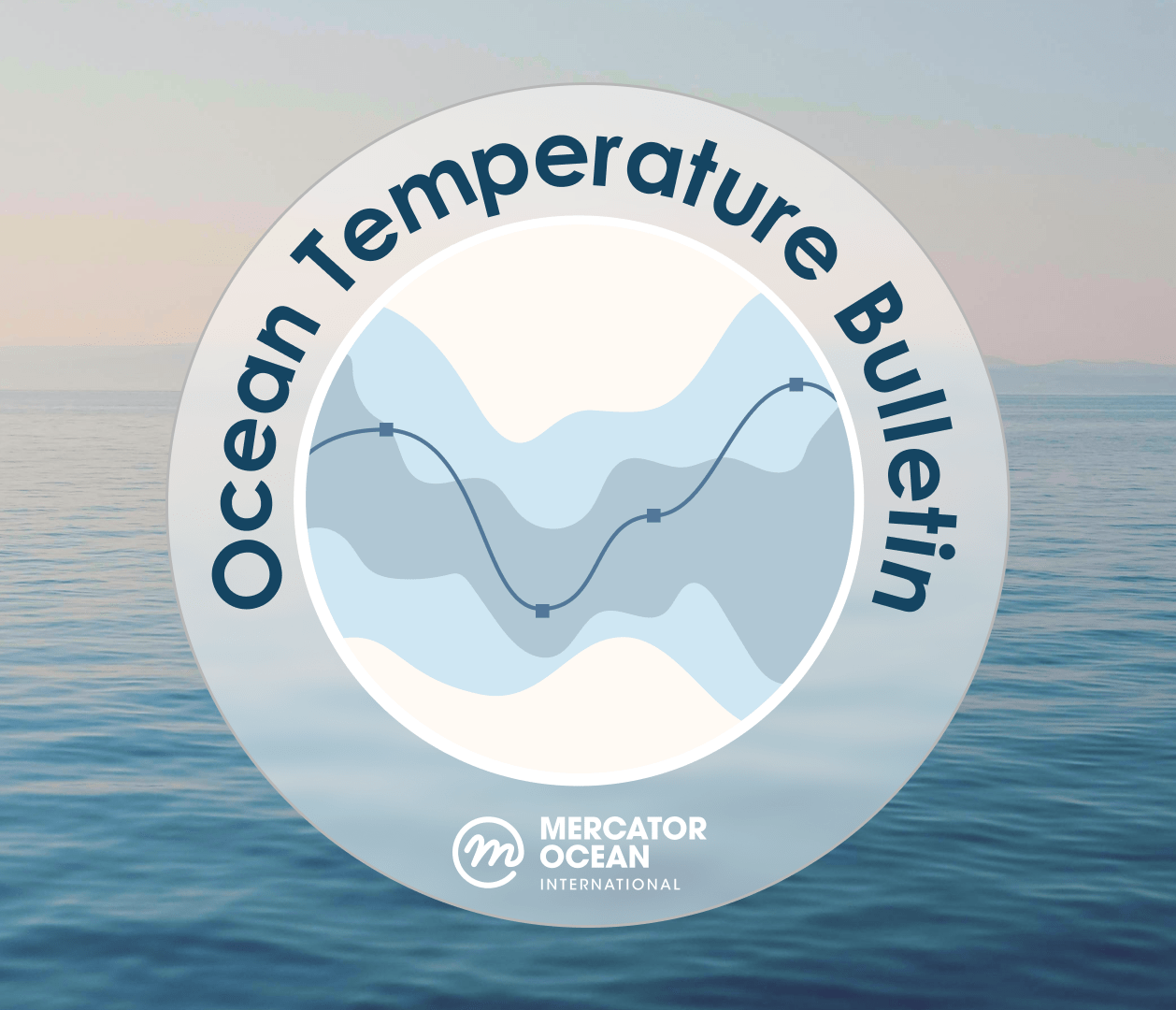The study of the climate is by its very nature an interdisciplinary exercise: to understand how the climate functions, we need to study changes to the atmosphere, the oceans, landmasses and the biosphere in equal measure, as well as the way energy flows between them. Starting from the premise that climate change is linked to an imbalance in the flow of energy at the boundaries of the atmosphere, a research team has endeavoured to understand the causes of this imbalance. An article describing their forward-looking scientific investigation is published today in Nature.
Karina von Schuckmann, an oceanographer with Mercator Ocean who is part of this team of scientists and is one of the authors of the article, told us more about this study.
Karina holds a PhD in Natural Science from the IFM-GEOMAR Institute in Kiel (Germany) and has worked in particular on ocean climate indicators, first at France’s Ifremer and then at the MIO (Mediterranean Institute of Oceanography, University of Toulon). On the strength of her experience in climate studies, Karina joined Mercator Ocean in 2015, where she is responsible for issues related to climate monitoring.
Mean Earth’s energy budget – Source: http://www.clivar.org/research-foci/heat-budget
Mercator Ocean: “Karina, could you tell us about the study that is being published today in Nature?”
Karina: “The study carried out by this team of scientists concerns the Earth’s energy imbalance (or EEI). The Earth system mainly receives energy in the form of solar radiation. The system captures part of this energy, while another part is sent back outside the system. At both the interannual and decadal scale, we consider that the energy budget is balanced.
However, the accumulation of greenhouse gases in the atmosphere changes the amount of energy transmitted and unbalances the budget. We carried out this study to determine the best way of quantifying this imbalance.”
MO: “Why is this subject important?”
Karina: “Quantifying this imbalance gives a reliable measure of the amount of heat accumulated in the climate system. And this accumulated heat ‘forces’ the climate system to respond. So determining this quantity will help improve our knowledge of changes to the climate system and thus our climate predictions.”
MO: “Did you proceed in stages?”
Karina: “Yes. We first made a list of all the sources (or forcings) that can cause disruption to the energy budget. We also investigated the ‘symptoms’: the increase in sea level, the increase in temperature, the melting of ice, and so on. Secondly, we studied the methods for measuring these energy values.”
MO: “What are these methods?”
Karina: “The first is known as the ‘direct’ method: with satellites, we measure directly how much energy enters and how much leaves the atmospheric system. With measurements from several satellites, this can be relatively precise, but since the measurements returned from each instrument have to be qualified, there can be a fairly substantial error bar. The second method involves quantifying the energy flows at the Earth’s surface. For this method, some parameters cannot be measured directly, which can also result in substantial error bars. The third and final method is based on the premise that 93% of the excess heat is stored in the ocean. We showed that quantifying this increase in heat is the most accurate method for measuring the absolute value of the imbalance.”
MO: “What were the results of your study and who or what will benefit from them?”
Karina: “Our study demonstrated that monitoring the changes over time of the ocean’s heat content was the most practical and the most reliable method for measuring the imbalance of the Earth system’s energy budget. This method is recommended by the international CLIVAR “CONCEPT-HEAT” group, which aims to strengthen the community of international interdisciplinary experts on the Earth’s energy budget. We thus hope to better understand the uncertainties in our estimates and improve our ability to monitor and predict climate change.”
MO: “Thank you, Karina!”
Link to article: http://www.nature.com/nclimate/journal/v6/n2/full/nclimate2876.html
More articles:
http://www.insu.cnrs.fr/node/5685?utm_source=DNI&utm_medium=email&utm_campaign=DNI
http://www.clivar.org/news/imperative-monitor-earth%E2%80%99s-energy-imbalance
http://www.carbonbrief.org/explainer-how-surface-and-satellite-temperature-records-compare
http://www.metoffice.gov.uk/research/news/2016/earths-energy-imbalance
Karina’s personal website: http://www.kvonschuckmann.com



